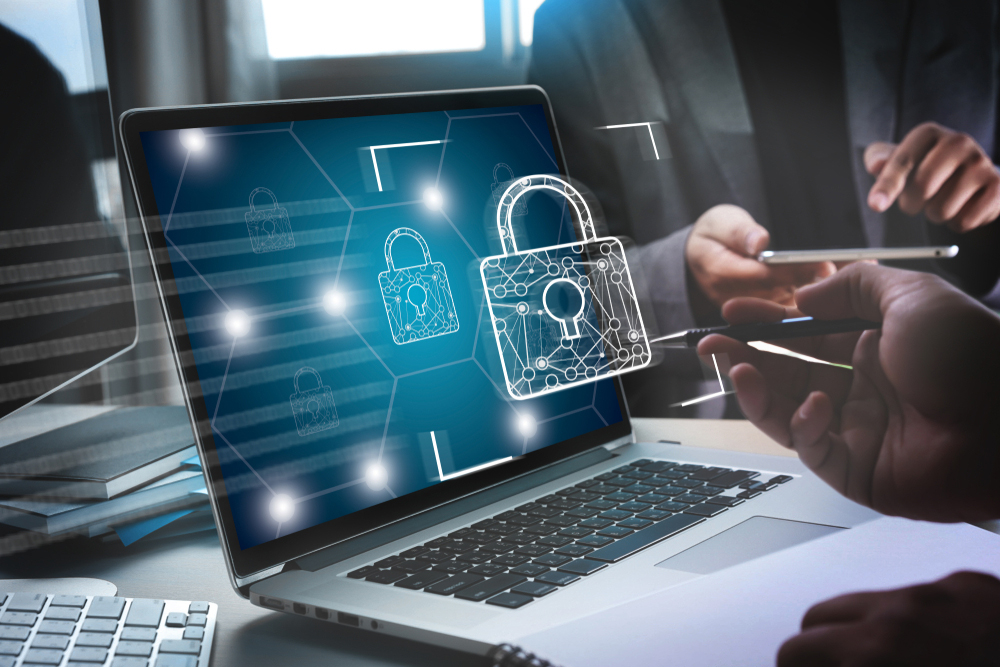Viruses sound scary, especially in light of the COVID-19 pandemic. Of course, viruses don’t just apply to humans; they also apply to any internet-connected device, computer, phone, and tablet. But as some operating systems have built-in antivirus protection, is getting a third-party antivirus software necessary?

Do You Still Need Antivirus?
Overall, you probably still do need antivirus & security software, but some types of devices need it more than others. iPhones are the only operating systems you do not need to install antivirus software. However, Windows, macOS, and Androids still need antivirus software.
How Antivirus Protects Your Devices
Antivirus & Security software will scan your devices for viruses, malware, and other cyber threats. If it detects anything malicious, it will quarantine and remove the file. Let’s get into a bit more detail.

Main Features
Here are the basics that every antivirus includes in its software:
- Behavior-based detection: Behavior-based detection means the software can find viruses and malware even if they’re not already in existing databases.
- Scans: Most software has both on-demand and on-access scans that you can schedule, run constantly, or run whenever you please.
- Virus quarantine and removal: If the software detects a virus, it’ll hold it so that it can’t infect the rest of your device and eradicate it.
- Web browsing protection: From phishing emails to malicious websites, antivirus software protects you online and locally on your device.
Extra Features
A lot of antivirus software is bundled with other digital security software, such as:
- Parental controls: Parental controls block certain websites from view to keep kids safe online and implement screen time limits.
- Firewalls/ network protection: Firewalls block threats on your device’s network, while antivirus software on its own is only device-specific.
- Secure browsers: The software could include a secure browser like Tor, which encrypts all web activity three times so that Internet Service Providers can’t see what you’re doing online.
- Password managers: Password managers hold all of your login credentials in an encrypted vault.
- Encrypted cloud storage: For sensitive files, encrypted cloud storage is the way forward.
- System optimization: Some services claim to optimize your system’s performance in terms of speed by deleting files and downloads, among other tactics.
- Identity theft protection: Identity theft protection services scan multiple financial and criminal areas for the user’s personally identifiable information (PII) to prevent identity theft.
- VPN: Last but certainly not least, VPNs encrypt a device’s web activity and IP address to create more privacy and bypass work or government restrictions.
Although some devices may have built-in protection against viruses, using third-party antivirus software is necessary, whether free or paid.

















